A silver lining of the current political climate has been a deeper discussion around the ideas of human and civil rights. For an international human rights lawyer like me, this has been amazing to see; people are coming together from all walks of life (some for the first time in public forums) to discuss civil, economic, political, and human rights. Many are also discussing the Judiciary, the Constitution, and many of the topics I have spent my professional life working on.
It is tremendously exciting that amidst times of great uncertainty and distress, there is also a veritable Dumbledore’s Army gathering from all corners of the globe to rally around the causes of human rights and social justice.
For me, to be an international human rights lawyer is to have a core belief that every human being matters — that we are all equally and intrinsically valuable, inherently worthy simply because we exist. It’s about advocating for the rights and voices of others so that every person can have a say in what happens to their bodies, their lives, their families, their communities, and their societies.
“To deny people their human rights is to challenge their very humanity.” -Nelson Mandela
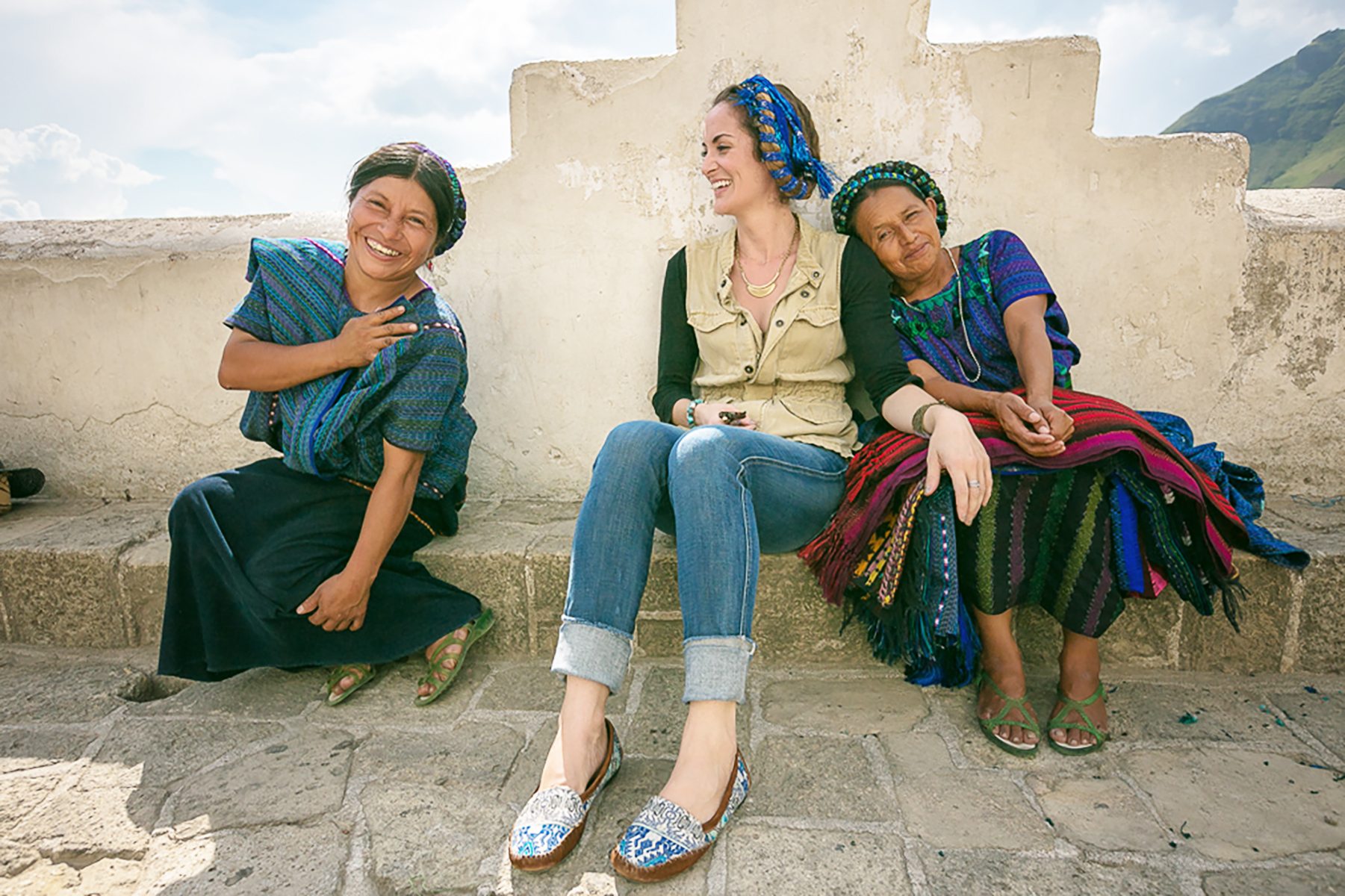
What exactly are human rights?
Human rights are those basic, foundational rights that we all deserve, regardless of who we are, where we come from, or where we are going. Those rights include rights to equality, freedom, health, education, association, an adequate standard of living, a life of dignity, and participation in society. The Universal Declaration of Human Rights of 1948 set out a roadmap for these rights. International law continues to evolve, as international legal issues can often complicate the interpretation and enforcement of human rights, because each nation is technically sovereign and subject only to its own laws and agreements.
For example, my work with the United Nations High Commissioner for Refugees and with the United Nations International Criminal Tribunal for the former Yugoslavia taught me both the power and the fallibility of nations coming together to decide on a universal standard for human rights in times of peace, war, and how to rebuild after war. I have specialized in post-conflict justice for many years. My work in the field, alongside incredible people and human rights organizations worldwide, has shown me that we all want the same things: health, to belong, something to believe in, and a better future for ourselves and our children.
“Until justice rolls down like water and righteousness like a mighty stream.” – Martin Luther King, Jr.
What exactly does a human rights lawyer do?
Those of us who spend our lives defending human rights address issues from many angles. We look at different facets of societal systems in order to make sure that people’s rights are protected, enforced, and defended. Examples of projects can run the gamut from drafting judicial opinions, appeals and speeches, to preparing trials, conducting internal anti-bribery investigations, interviewing survivors of genocide, as well as representing abuse survivors, low-income tenants, and asylum seekers pro bono.
We also develop tools, technologies, and resources for humanitarian aid, counsel on everything from war crimes prosecution to gender-based violence, and develop laws, constitutional amendments, and guidelines to support the rights of those who have had their human rights violated.
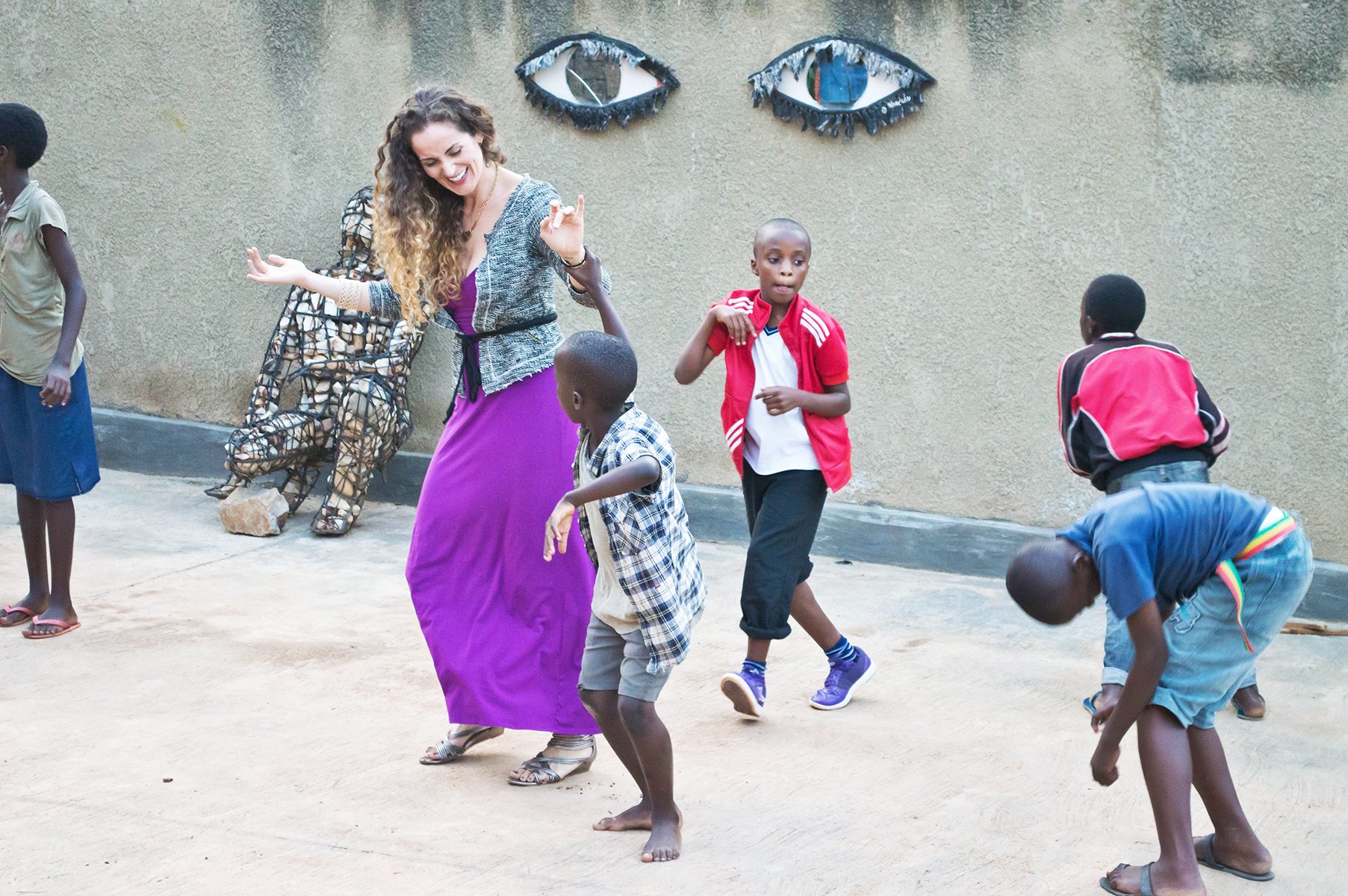
We can also think outside the box. In addition to being a human rights lawyer, I founded an ethical fashion social enterprise to support innovative solutions to human rights and economic development — investing in people so they can invest in themselves how they so choose.
Ultimately, to be a human rights lawyer can mean many things which can be applied at all levels of societies and communities. And in the future, even what it means to be human will continue to evolve, as I suggest in a TEDx talk.
What unites and binds us together, though, is the belief that all human beings have certain inalienable rights, and that the future of humanity, and our planet, depends on defining and protecting those rights. Every individual is endowed with inherent worth and, as an individual, should be protected by law and by those sworn to uphold the law. We need those who will work to amend, change, or even break laws if need be, all in the service of protecting our fundamental right to a life of equality, freedom, and dignity.
Being a human rights lawyer is one such way.
Feature Image via Betty Krenek
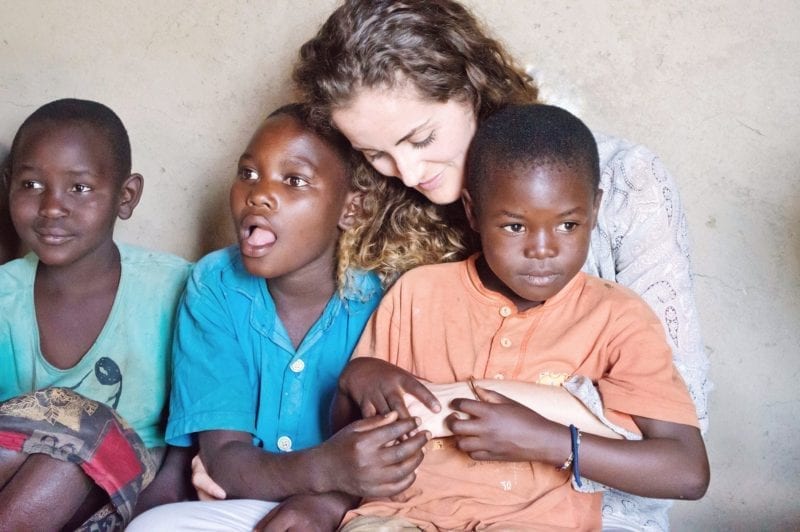

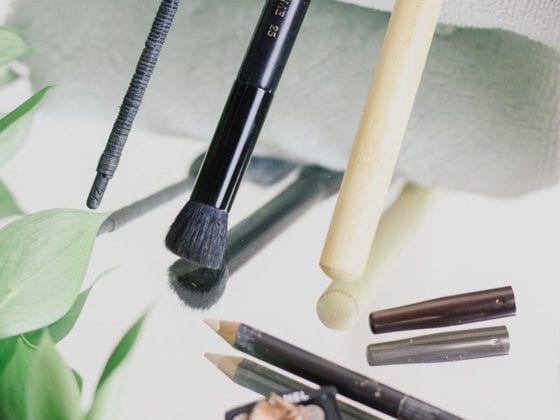


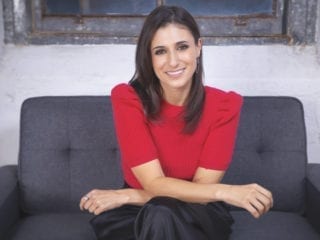




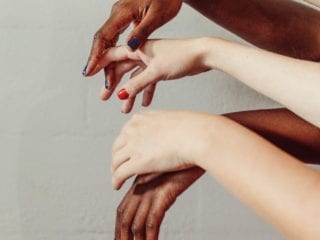
1 comment
A human rights lawyer sounds like a heck of a job. Props, I could never navigate the world of politics!
–
Charmaine Ng | Architecture & Lifestyle Blog
http://charmainenyw.com